The Chrome Dev Tools network tab has an initiator column that will show you exactly what code initiated the network request.
I'd like to be able to get network request initiator information programmatically, so I could run a script with a url and request search string argument, and it would return details about where every request with a url matching request search string came from on the page at url. So given the arguments www.stackoverflow.com and google the output might look something like this (showing requesting url, line number, and requested url):
/ 19 http://ajax.googleapis.com/ajax/libs/jquery/1.7.1/jquery.min.js
/ 4291 http://www.google-analytics.com/analytics.js
I looked into PhantomJS, but its onResourceRequested callback doesn't provide any initiator information, or context from which it can be derived, according to the documentation: http://phantomjs.org/api/webpage/handler/on-resource-requested.html
Is it possible to do with with PhantomJS at all, or some other tool or service such as selenium?
UPDATE
From the comments and answers so far it seems as though this isn't currently supported by Phantom, Selenium or anything else. So here's an alternative approach that might work: Load the page, and all of the assets, and then find any occurrences of request search string in all of the files. How could I do that?

